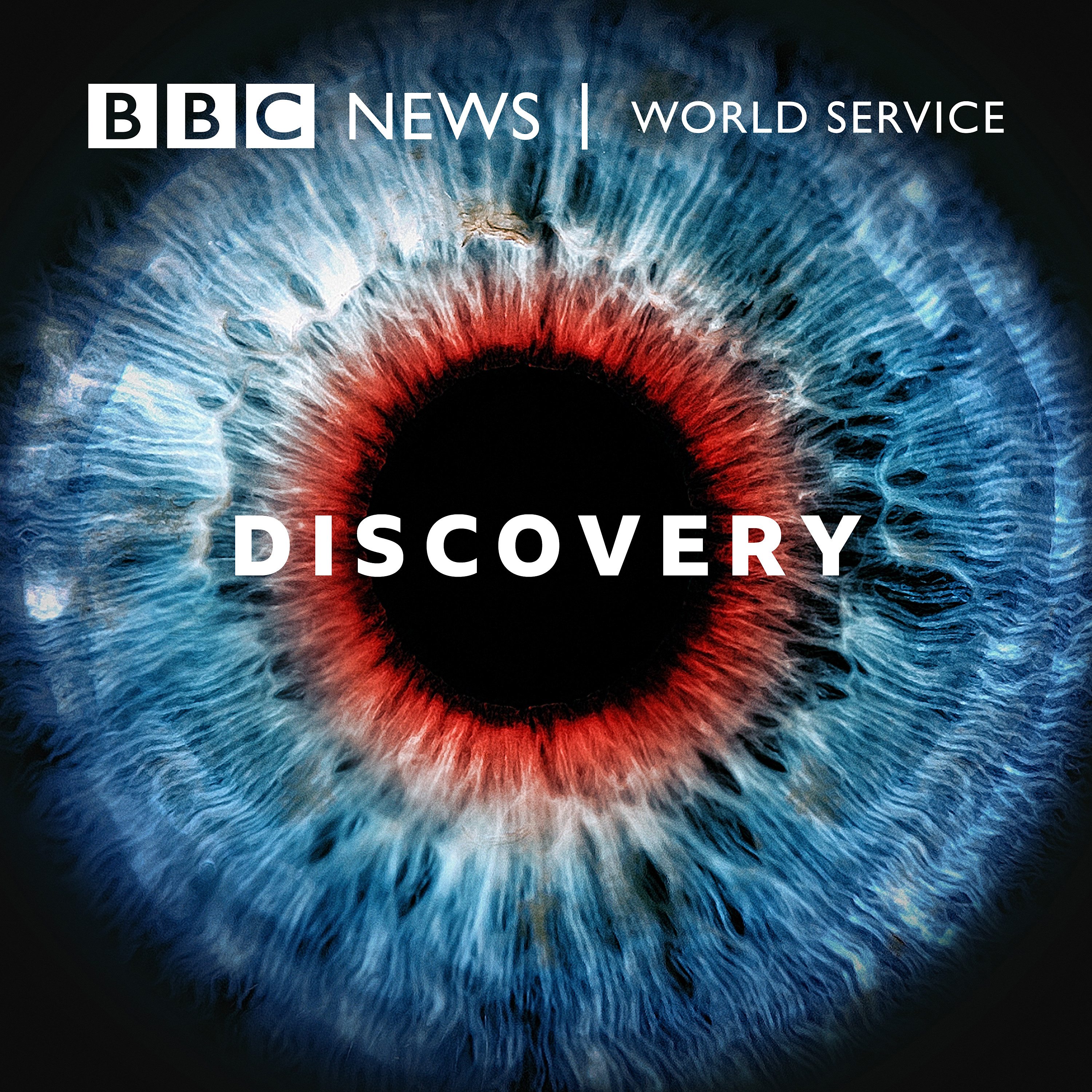
Discovery
Mar 27, 2023
Close your eyes and think of a giraffe. Can you see it? I mean, *really* see it - in rich, vivid detail? If not - you aren’t alone!
We’ve had scores of messages from listeners who report having a ‘blind mind’s eye’. They don’t see mental images at all and they want to know why. Jude from Perth wants to know what makes her brain different, and Diane from Scotland wonders whether it affectes her ability to remember family holidays.
Our sleuths learn that this is a condition recently termed ‘aphantasia’. They meet the chap who came up with the name, Professor Adam Zeman, a neurologist from the University of Exeter, and quiz him on the brain mechanisms behind this mystery.
Professor Julia Simner - a psychologist who, herself, doesn’t see mental images - shares the surprising research into how aphants differ slightly from others in a range of cognitive skills. We also hear about the world class artists and animators who can’t visualise - but can create beautiful, imaginary worlds.
Philosophy professor Fiona Macpherson from the University of Glasgow, deepens the mystery: perhaps this largely hidden phenomenon is behind some of the most profound disagreements in the history of psychology. Our mental experiences are all very different - maybe that’s why thinkers have come up with such different theories about how our minds work.
Search for the “VVIQ” or Vividness of Visual Imagery questionnaire to take the test yourself. Look for “The Perception Census” to take part in this massive online study of perceptual variation. And look up the 'Aphtantasia Network' if you're curious to find out more.
Presenters: Hannah Fry and Adam Rutherford Contributors: Professor Adam Zeman, Professor Julia Simner, Professor Fiona Macpherson

